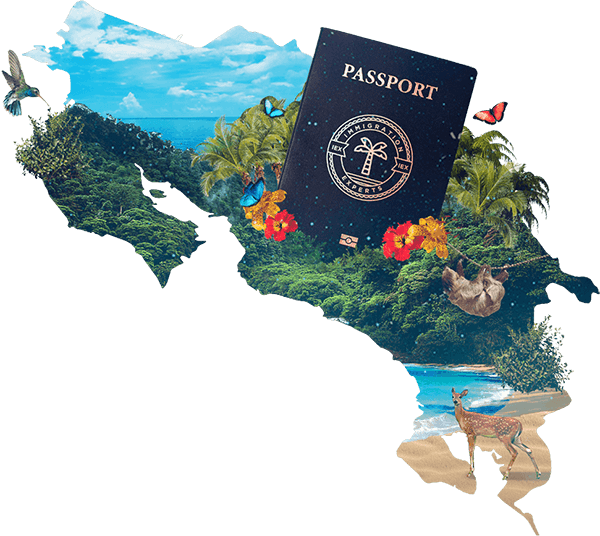Costa Rica’s stunning landscapes, warm climate, and welcoming culture have made it a popular destination for expats seeking a new life in paradise. While the country is English-friendly in tourist areas, mastering Spanish is key to fully integrating into the local culture and community. In this article, we’ll explore the importance of learning Spanish as an expat in Costa Rica and provide valuable language learning tips and resources with the assistance of Immigration Experts, a law firm dedicated to helping people relocate to Costa Rica.
The Significance of Spanish Proficiency
Embracing the local language offers a multitude of benefits for ex-pats living in Costa Rica:
1. Cultural Integration
Learning Spanish opens doors to deeper cultural experiences. It allows you to connect with locals on a more personal level, fostering meaningful relationships and a sense of belonging.
2. Daily Convenience
From grocery shopping to healthcare appointments, knowing Spanish makes everyday tasks easier and more efficient. It empowers you to navigate life in Costa Rica with confidence.
3. Employment Opportunities
If you plan to work in Costa Rica, many employers require or prefer employees who can communicate in Spanish. Being bilingual can expand your job prospects and career options.
4. Safety and Emergencies
In emergency situations, being able to communicate effectively with locals and authorities is crucial. Speaking Spanish can be a lifesaver in such circumstances.

Language Learning Tips
Now that we understand the importance of Spanish proficiency, here are some tips to help you on your language-learning journey:
1. Enroll in Language Classes
Consider enrolling in formal language classes, either in a traditional classroom setting or through online platforms. Language schools and tutors in Costa Rica offer courses tailored to expats.
2. Practice Regularly
Practice is essential for language acquisition. Make an effort to converse with locals, whether it’s at markets, cafes, or community events. Don’t be afraid to make mistakes; locals appreciate the effort.
3. Immerse Yourself
Immerse yourself in Spanish as much as possible. Change your phone and computer settings to Spanish, watch Spanish-language TV and movies, and listen to Spanish radio or podcasts.
4. Keep a Vocabulary Journal
Maintain a vocabulary journal to jot down new words and phrases you encounter. Review and practice these regularly to reinforce your memory.
5. Language Apps and Resources
Use language-learning apps like Duolingo, Rosetta Stone, or Babbel to supplement your studies. These apps provide interactive lessons and quizzes.
6. Language Exchange Partners
Find language exchange partners who are native Spanish speakers looking to learn your language. This can be a fun and effective way to practice conversational skills.
7. Join Local Groups and Clubs
Participate in local clubs, hobby groups, or community events where you can interact with native speakers in a relaxed, non-academic setting.
8. Set Realistic Goals
Set achievable language-learning goals. Celebrate small victories and progress to stay motivated.

Language Learning Resources in Costa Rica
Costa Rica offers a wealth of resources to help ex-pats learn Spanish:
Language Schools: Many language schools offer tailored programs for expats, including group and private lessons.
Tutors: Consider hiring a private tutor for one-on-one instruction.
Online Courses: Explore online Spanish courses that allow you to learn at your own pace.
Language Meetups: Attend local language exchange meetups to practice with native speakers.
Books and Materials: Bookstores and libraries in Costa Rica carry language-learning books and materials.
In conclusion, while Costa Rica is a welcoming place for expats, mastering Spanish is a valuable investment in your integration and overall experience. The language provides access to the rich tapestry of Costa Rican culture and enhances your daily life. So, embrace the challenge, practice regularly, and immerse yourself in the local language—you’ll find that learning Spanish in Costa Rica is not only practical but also immensely rewarding. ¡Buena suerte! (Good luck!)








